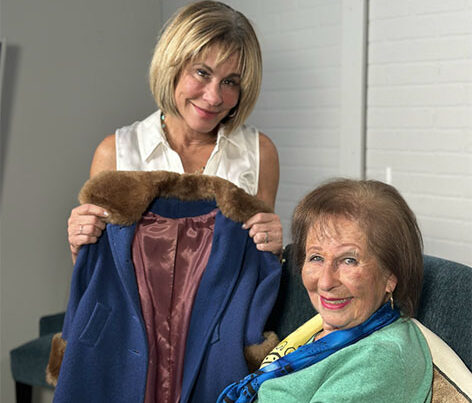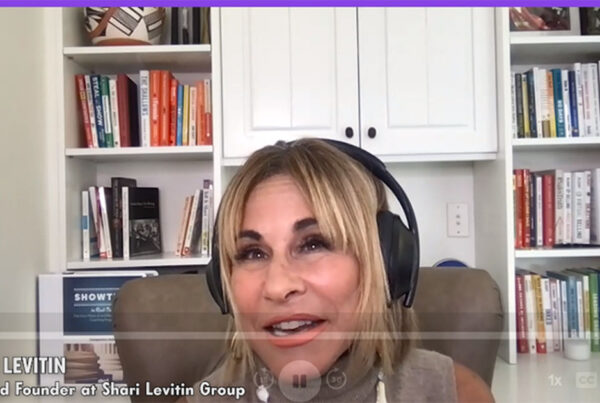I grew up with a father, mother, and brother who seized every chance to read and teach themselves something new, playing “quiz time” every Sunday night. On our few family vacations, while other kids played tennis or hunted for seashells on the beach, we engaged in Seminar Hour, where each of us took turns teaching the rest of the family a point of interest or an area of endeavor that would enlighten the others. I chose “5 Methods to Create a Pop-Up Book Using Felt Tip Pens,” and my brother shared something new coming our way called the Internet.
All this to say, education is in my DNA, but unfortunately, I struggled in school. I loved learning but had trouble focusing on subjects like chemistry, geology, and, heaven forbid, physics.
So, I decided to take the proverbial year off after four years at the University of Colorado, and that’s when it all started. I didn’t know sales was a job. Growing up in a Jewish family carried an unwritten rule: I was to become a doctor, a lawyer, or marry one. I did none of those until I married a doctor much later… Finally, a Jewish doctor!
I had no idea in the 80s that I would make great money in sales and eventually teach tens of thousands of people to do the same. In my heart, I’m convinced that sales is a profession without age; it’s the finest job for both the youthful dreamer and the seasoned soul.
I used to think that a salesperson, or any sort of person who became a seller, was an outcast or a career criminal.
In sales, the whole world opened. For the first time, I felt hope that I might find my place in a community.
With my eclectic new friends, I became whole. Some of them wanted to get rich and famous. I simply wanted to fit in and buy nice clothes. Fascinated with people, I devoured sales books and cassettes, much like my friend Kelly Hanson did with vitamins and supplements.
I soon discovered that sales was a teacher of discipline. I learned how to read people, exhibit patience, listen to other points of view, and think strategically. I learned that people are complex, that everyone has a story, and if you become curious, they reveal their secrets, hopes, and fears, making you feel less alone. When things felt too big to handle, I learned to break them down.
I learned how to take rejection—lots of it. I’m still learning how to manage emotional pain. What’s true about pain is similar to what’s true about fear: it does its worst work when it’s hidden. I recently performed a training for the US Military, one of the highlights of my career. A young soldier revealed to me that the emotional pain of rejection when recruiting scared him much more than fighting on the front lines in Afghanistan.
The better we do at facing what scares us most—making the tough calls, asking for help, and taking an objective look at what’s stopping us—the more we begin to gain control.
Know this: Anyone who does anything admirable, noble, or meaningful will have critics. Some people try to live a life without criticism by shrinking themselves. They hide, both emotionally and physically. They don’t try. By definition, salespeople must muster the courage to put themselves out there: we need to work on ourselves, not just our pitch; We need to work on our empathy, not just our discovery questions. We need to become vulnerable and connect to each other, not just to our devices.
There is ecstasy in paying attention to other people’s worlds.
But you have to believe in your product, or nothing will drive you to do the work. If you don’t believe in what you are selling, you might as well call it a day and play pickleball.
However, if you care deeply about people, not just about learning or obtaining information, and you want to learn about yourself and the human condition, sales will give your life meaning.
Several years ago, at age 75, my father told his rabbi that he would quit his teaching job at USC.
“Why?” the rabbi asked.
“So, I can focus on my spirituality. To become a more pious man.”
The rabbi replied, “We don’t become more spiritual in a vacuum.”
Piety and nobility are something you practice every single day with everyone you meet. It’s about giving people value, being present, listening to their challenges, and often, not even having to solve them.
To me, sales is a spiritual endeavor. What I know now, after living six decades and working in sales for four of them, is that to sell more, you need to in fact “be” more.




